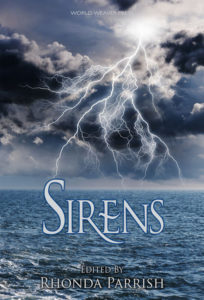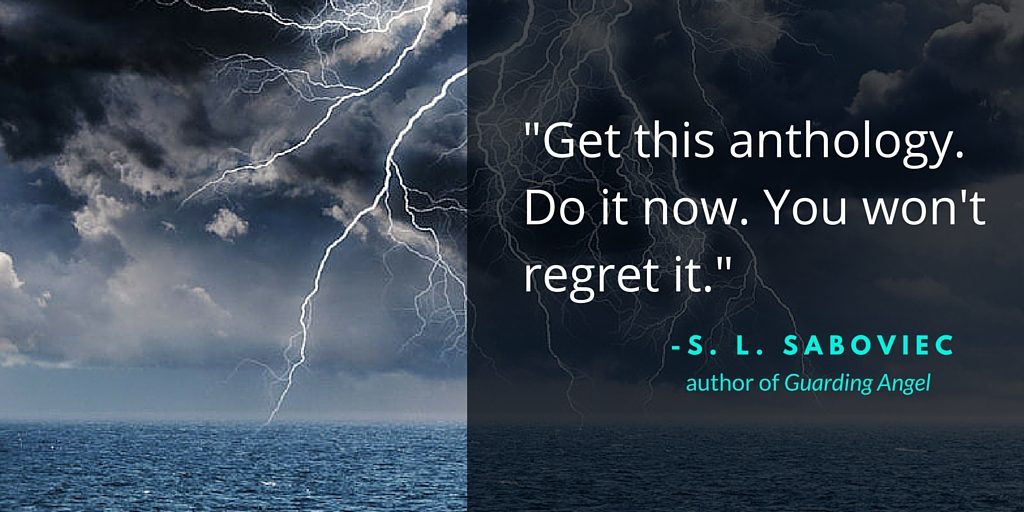The Drama in Japanese Dramas
Eliza Chan
I love Japanese dramas, or J-dorama as fans call it. Before I lived in Japan, it was a great way to learn about culture and language, during my three years living in Japan it was great to have subtitles for life (oh, that’s what the guy in the post office meant) and after Japan it is still helpful to keep up my Japanese. . I can’t understand the archaic language in the period dramas, I have no interest in crime and I’ve found comedy romances the easiest to follow. They use everyday language. They are about everyday life (kind of). But they are also my guilty secret . Like everything else, they are trope-filled and a lot of these tropes are very, let’s say, antiquated, with traditional gender roles. Allow me to introduce some of my pet hates.
- The male love interest is nearly always sullen and moody. Think Squall from Final Fantasy VII. Literally no charisma, no personality, hates people, rarely has friends and yet is the most popular guy ever (Rich Man, Poor Woman). That’s if you are lucky. Otherwise he could be a misogynist who sends minions to beat up and sexually harass the heroine (No. Just no, Hana Yori Dango). But don’t worry, the upbeat, feisty and kooky heroine will win him over with her cooking and/or shouting at him, skills (every female protagonist, ever).
- Also if there is an empathetic, kind and communicative male character he will be friend-zoned or made into comedy material because who actually wants a boyfriend who talks to you (Hanazakarir no Kimitachi e)?
- If you are in the presence of your secret love interest, you will be rendered entirely incapable of telling each other anything important. You will also fall over at least once and end up accidentally kissing. And this is nearly always their first kiss, ever. Because, don’t you know, Japanese people don’t kiss. (Yamada-kun and the 7 Witches)
- People need to go on mysterious years abroad for reasons of plot, I mean for self-discovery and maturity (Hotaru no Hikari). That’s fine, but guess what, it’s nearly impossible to keep in contact with your long-distance partner during this time. That’s right. Skype? Nope. Messaging? Doesn’t exist. Showing up at the right time and place with a new haircut? Yup, that’s the only means of communication.
As much as I’ve denigrated Japanese dramas with this list, I do continue to watch them. They are a great way to keep up Japanese and with a pinch of salt, good harmless fun. I like learning, or being nostalgic about, bento boxes, karaoke, cherry blossoms, summer matsuris, hot springs and futons. They have anime moments of slapstick, great female friendships and storylines that are warm and predictable like your mum’s cooking. I highly recommend Nodame Cantabile for anyone interested in trying them. Note here, I am speaking solely about romantic comedies, I know there are some brilliant dark and serious Japanese dramas out there, Last Friends springs to mind.
What bothers me is that I’m a woman in my 30s who can see them for what they are. If I was a 14 year old girl, I might have some expectations that I can reform every bad boy and that relationships are built on silence than communication. I know Hollywood is also guilty of this (Twilight) but it does make me wonder what the normal Japanese teen makes of these TV shows.
I am, therefore, very conscious in attempts to subvert these tropes in my writing. I often write Asian characters, normally Japanese or Chinese because these are the two cultures I have some knowledge and therefore confidence with. But I don’t want my female characters to just be rescued. They can do the rescuing too. And I don’t like my male characters to be stoic and brooding. They can be empathetic and diplomatic too. There’s a bit of this in “One More Song”, and a lot more coming in the novel I’m working on.
Eliza Chan writes about East Asian mythology, British folklore and madwomen in the attic, but preferably all three at once. She has work published in Fantasy Magazine, Lontar and recently in the Fox Spirit anthology Winter Tales. She is currently writing a novel set in the world of ‘One More Song’, alongside working as a Speech and Language Therapist and completing a Masters. When not in front of a screen, Eliza can be found playing board games and cosplaying whenever possible. Find out more at www.elizawchan.wordpress.com and @elizawchan.

Reserve Your Copy Now!


